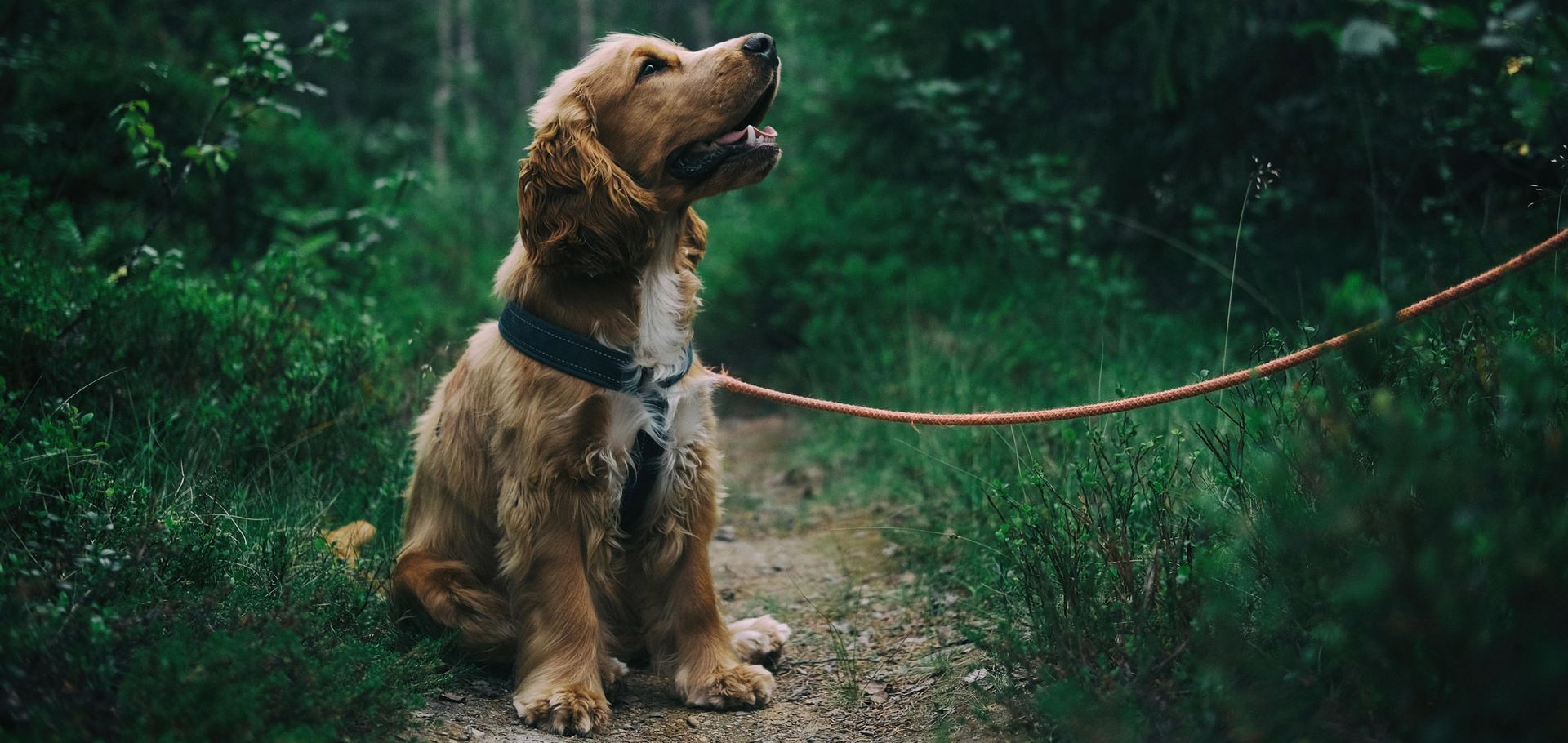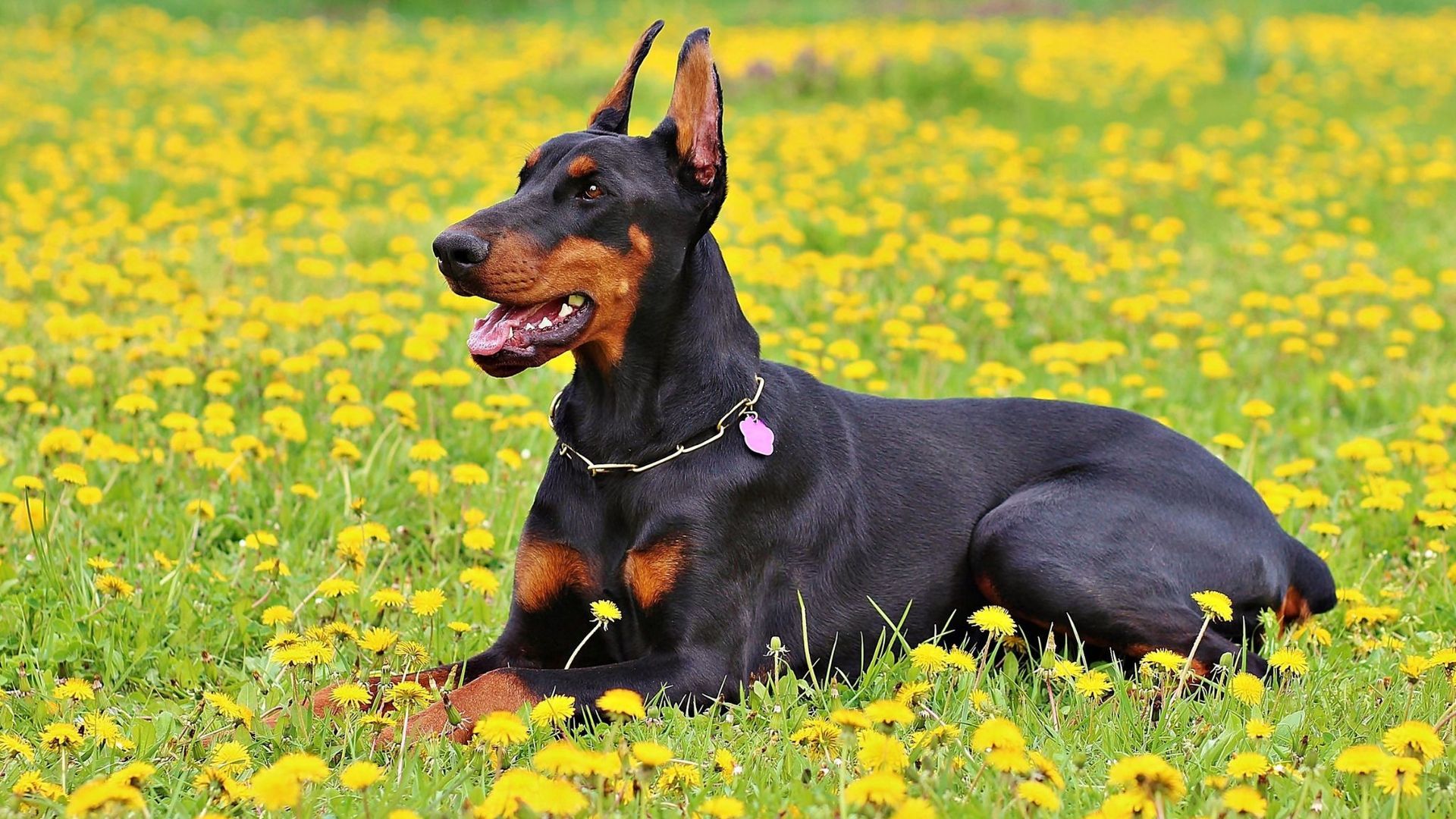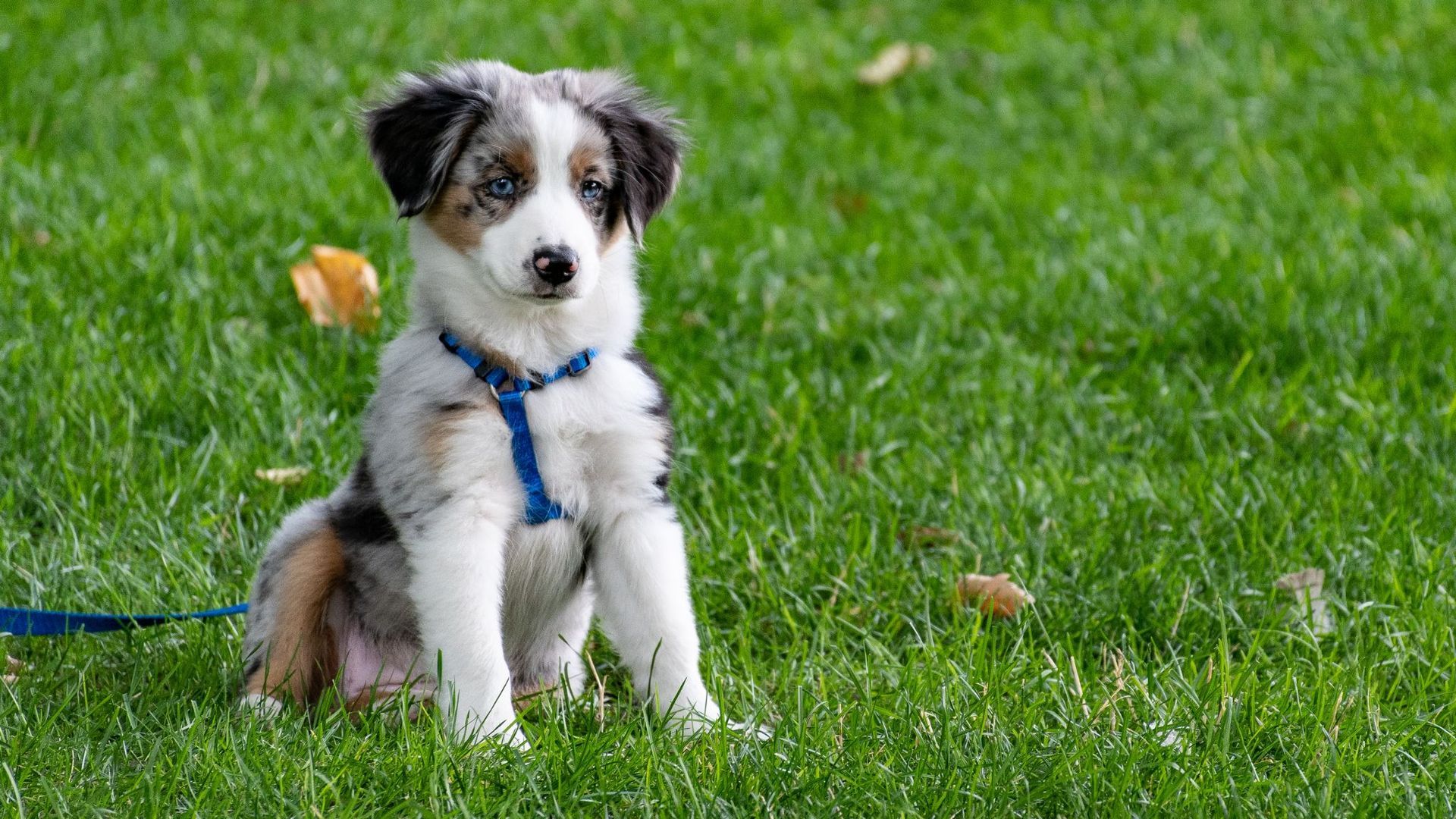
Getting your dog vaccinated is an important part of taking good care of them and signifies responsible pet ownership. These vaccines protect your fur baby from different diseases that can be life-threatening.
However, caring for your dog doesn't end at the vet's office. What you do after your dog's vaccination is just as crucial as getting them vaccinated in the first place. This article will explore the dos and don'ts after dog vaccination to ensure your dog remains happy and healthy.
What Age Should My Dog Receive Vaccines?
The timing of your dog's vaccinations is crucial to their overall health. Puppies typically start their vaccination schedule at around six to eight weeks of age. They usually get a combination vaccine that protects against several diseases. Veterinarians administer these vaccines in a series over several weeks.
One of the most critical vaccinations for puppies is the core vaccine series, which includes protection against diseases like parvovirus, distemper, canine adenovirus, and rabies. Dogs get vaccines at 8, 12, and 16 weeks of age. It’s important to consult your veterinarian about the schedule of these vaccines and follow them to ensure your puppy is adequately protected.
What Vaccinations Should My Dog Get?
The specific vaccines your dog needs will depend on several factors, including their age, lifestyle, and geographic location. However, there are two categories of vaccines: core and non-core.
Core Vaccines
Core vaccines are injections that every dog should receive, no matter the lifestyle they have or the location they live in. These vaccines protect against diseases that are widespread and potentially fatal. The core vaccines for dogs typically include:
- Canine Parvovirus
- Canine Distemper Virus
- Canine Adenovirus (Hepatitis)
- Rabies Virus
These core vaccines are necessary to protect your dog’s health, not to mention that they are typically required by law.
Rabies, to be more specific, is a zoonotic disease, which means that it can be transmitted from animals to humans, making it crucial for public health.
Non-Core Vaccines
Non-core vaccines are not required by law but can be highly recommended depending on the dog’s risk factors. These may include:
- Bordetella (Kennel Cough)
- Lyme Disease
- Leptospirosis
- Canine Influenza
It is better to schedule a consultation with the vet to discuss which non-core vaccines may be necessary for your dog based on their lifestyle and exposure risk.
How Often Should They Get Vaccinated?
The schedule of vaccinations can vary depending on the type of vaccine and your dog's individual needs. However, there is a general guideline to follow:
Puppy Vaccination Series
Puppies usually receive a series of core vaccinations at 8, 12, and 16 weeks of age and additional non-core vaccines, if necessary.
Annual Boosters
Most core vaccines will require booster shots every one to three years after the initial puppy series. Rabies vaccinations will depend on local regulations and may be required yearly or every three years.
Titer Testing
In some instances, instead of automatically giving booster shots, your veterinarian may recommend titer testing. If you’re unfamiliar with the term, a titer is a laboratory test measuring the presence of antibodies and the amount in the blood. The test checks your dog's antibody levels to see if they still have sufficient protection against a particular disease. Your dog may not need a booster shot if the titers are adequate.
The Common Side Effects of Vaccines
Like any other medical procedure, dog vaccinations can have side effects. However, severe reactions are relatively rare, so the pros definitely outweigh the “risks.” Common vaccination side effects include:
- Mild Fever: Getting a slight fever is not uncommon for dogs to experience, especially within a day or two of getting vaccinated. This is usually temporary and resolves on its own.
- Lethargy: Some dogs may seem more tired or less active after vaccination. This is typically short-lived and should improve within a day or two.
- Localized Swelling or Soreness: At the area of the injection, you might notice a small lump or some soreness. This should go away on its own within a few days.
- Allergic Reactions:
While this is a rare occurrence, some dogs can have allergic reactions to vaccines. Signs of an allergic reaction can include the entire face or just the muzzle getting swollen, difficulty breathing, vomiting, diarrhea, or collapse. If you notice an allergic reaction, contact your veterinarian right away.
The Dos and Don'ts After Your Dog's Vaccination
Taking proper care of your dog after vaccination can help minimize the risk of side effects and ensure that they receive the full benefit of the vaccines. Here are some dos and don'ts to follow:
Dos
- Observe Your Dog: Keep a close eye on your dog for the first 24 to 48 hours after vaccination. Monitor for any signs of a severe allergic reaction, such as swelling, difficulty breathing, or vomiting.
- Provide Comfort: If your dog seems lethargic or sore after vaccination, offer them a comfortable and quiet place to rest. Provide plenty of water to keep them hydrated.
- Avoid Strenuous Exercise: It's best to avoid strenuous physical activity for a day or two after vaccination to prevent any additional stress on your dog's body.
- Maintain a Regular Diet: Continue feeding your dog their regular diet unless your veterinarian advises otherwise. Some dogs may experience mild gastrointestinal upset, but this is usually temporary.
- Follow-up Boosters: Make sure to follow up with any required booster shots according to your veterinarian's recommendations.
- Keep Records:
Keep a record of your dog's vaccinations, including the date, type of vaccine, and any adverse reactions. This information is helpful for future reference and when traveling.
Don'ts
- Don't Overexert Your Dog: Avoid strenuous exercise and activities that could stress your dog's body immediately after vaccination.
- Don't Administer Additional Vaccines Without Consulting Your Vet: It's important not to administer any vaccines, including non-core vaccines, without discussing them with your veterinarian first. Over-vaccination can lead to unnecessary risks.
- Don't Skip Boosters: For core vaccines, ensure you follow the recommended booster schedule. Skipping boosters leaves your dog unprotected against dangerous diseases.
- Don't Delay Seeking Help: If you notice any severe or unusual reactions in your dog after vaccination, do not hesitate to contact your veterinarian. Quick action is lifesaving in rare cases of severe allergic reactions.
- Don't Let Your Dog Interact with Unvaccinated or Sick Dogs:
After vaccination, your dog can still be vulnerable to certain diseases until their immune system completely responds to the vaccine. Avoid exposing them to unvaccinated or sick dogs around this period.
Conclusion
As a dog owner, you must remember that vaccines help keep your fur baby healthy and avoid a long list of deadly diseases. Be sure to have your pet vaccinated on a regular basis.
Besides that, proper post-vaccination care, including monitoring for side effects and following up with boosters, is just as important. Following the dos and don'ts after dog vaccination in our guide can help keep your canine companion safe and protected against preventable diseases.
Are you and your pup ready? You can schedule an appointment for vaccination here or if you have questions or concerns about the vaccines, you can contact us and we’ll be eager to help!
Here at
Brewerton Hospital for Animals, we take pride in caring for every man’s best friend.
SHARE THIS ARTICLE




